- Home
- slideshows
- miscellaneous
- We compared the iPhone 11 to the iPhone XS to see which one is the better upgrade - and the new iPhone 11 is the winner if you have an older iPhone and you love taking photos
We compared the iPhone 11 to the iPhone XS to see which one is the better upgrade - and the new iPhone 11 is the winner if you have an older iPhone and you love taking photos
The iPhone 11 is a great choice for people who are upgrading from an older iPhone.

Should iPhone XS owners upgrade to the iPhone 11?
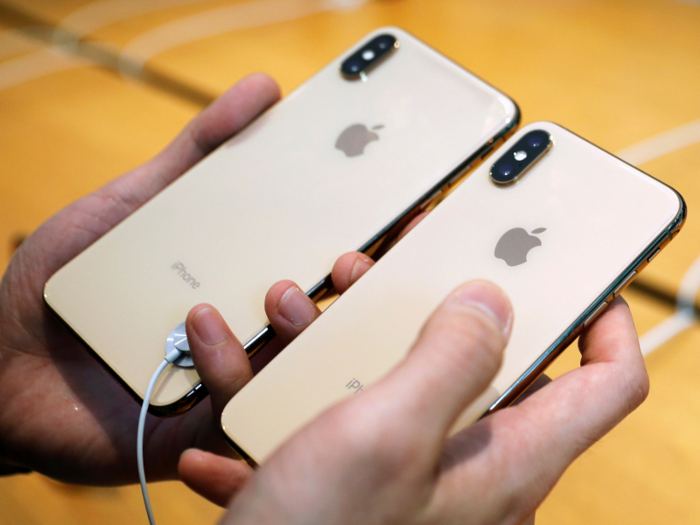
Now, if you have an iPhone XS already, should you upgrade to the iPhone 11? That's a more complicated answer.
Let's take a closer look.
The iPhone XS is slimmer and sleeker.
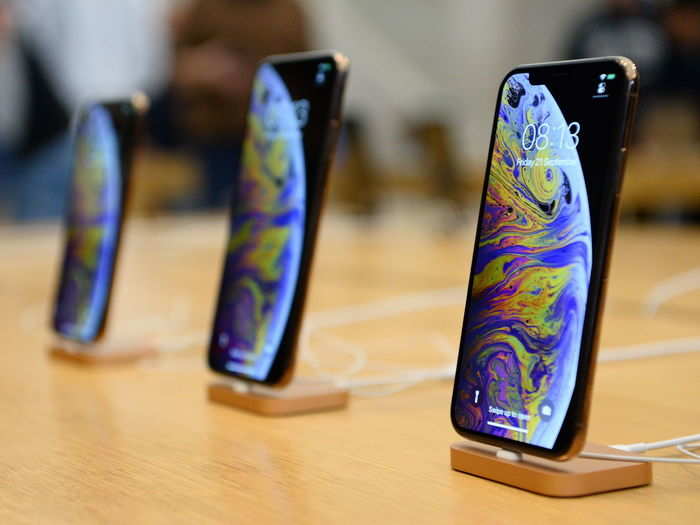
One of the most significant differences between these two gadgets is actually their sizes: The iPhone 11 measures 150.9 x 75.7 x 8.3mm, while the iPhone XS is 143.6 x 70.9 x 7.7 mm. This may not seem like a big difference, but if you hold the two devices, you'll likely notice that the iPhone 11 is heavier, harder to fit in your pocket, and more difficult to use with one hand. It feels large.
Another difference you'll notice: bezels. The iPhone 11 has more visible bezels surrounding its screen; it may be hard to re-introduce those to your life if you've spent the past year with the comparatively bezel-free iPhone XS.
Shop all iPhones at Best BuyThe iPhone XS has a better display.
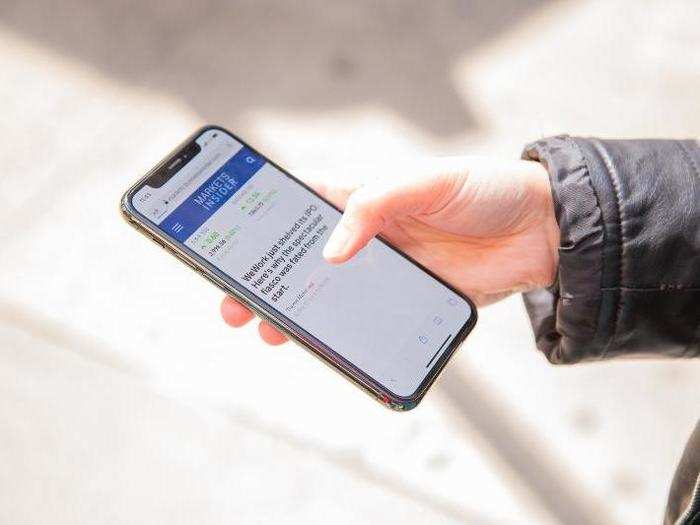
The iPhone XS has an excellent 5.8-inch OLED screen with 2,436 x 1,125-pixel resolution. The iPhone 11 has a 6.1-inch LCD screen with 1,792 x 828-pixel resolution — but in this case, bigger is not better.
The XS offers the richest colors of just about any smartphone on the market; reviewers have praised its nearly perfect blacks. The iPhone 11's screen isn't bad by any means, but an LCD panel can't replicate that contrast.
Let me put it this way: If you went for the iPhone XS over the iPhone XR last year, the superior display was probably a factor. You shouldn't pay $300 to downgrade this year (even if the difference is small) unless you've wildly changed your priorities. If you don't want to go for the OLED-bearing iPhone 11 Pro, keep your iPhone XS.
Shop all iPhones at Best BuyThe iPhone 11 has better battery life.
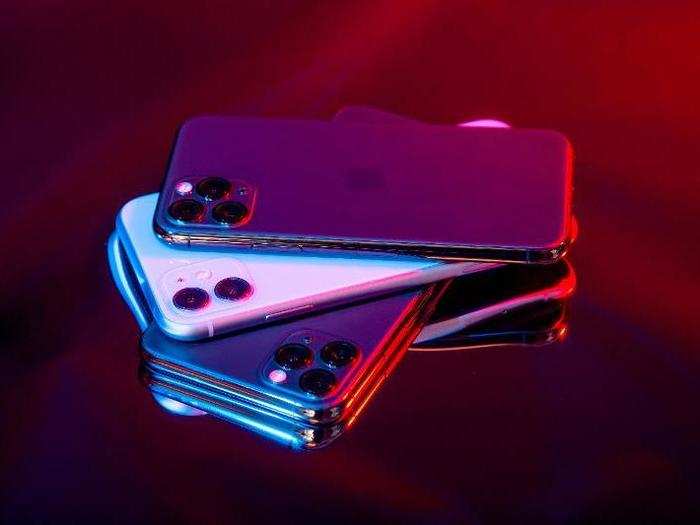
The iPhone 11 has better battery life than the iPhone XS. Tom's Guide clocked the iPhone XS in at 9 hours and 41 minutes of continuous web browsing, while the iPhone 11 lasted 11 hours and 20 minutes.
Are two hours of battery life worth $200? Folks will take their own views, but I think no. Most people only need their phone to last a work day, and the iPhone XS gets the job done. The iPhone 11's extra juice is a nice bonus, but not essential for most users.
Plus, if you bought the XS last year, monstrous battery life probably isn't your priority. The phone's 2,658mAh pack is dwarfed by competing Android flagships like the OnePlus 6, Galaxy Note 9, and Google Pixel 2 XL, not to mention Apple's own iPhone XR.
Shop all iPhones at Best BuyThe iPhone 11 is better value, but you already have an iPhone XS.
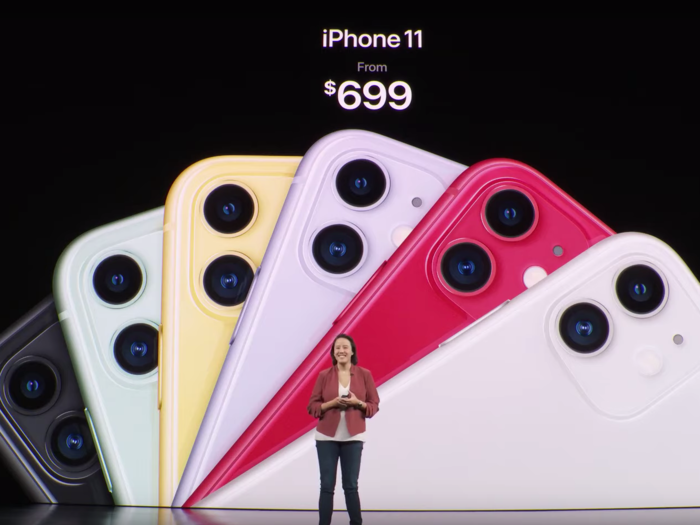
If I were telling you which phone to buy right now, the answer would hands-down be the iPhone 11. It begins at $699, while the XS begins at $999.
But you already spent $999 on the iPhone XS, and you're not getting all the money back. If you trade in an iPhone XS in good condition, you'll get a maximum of $500 credit towards your iPhone 11. $199 is a good deal for an Apple flagship, but it's still not nothing. Ultimately, you'll need to decide whether you're willing to sacrifice a compact design, an OLED screen, and $200 for a camera upgrade.
Shop all iPhones at Best BuyIf you don't like the iPhone XS's camera, go ahead and upgrade, though you may want the iPhone 11 Pro.
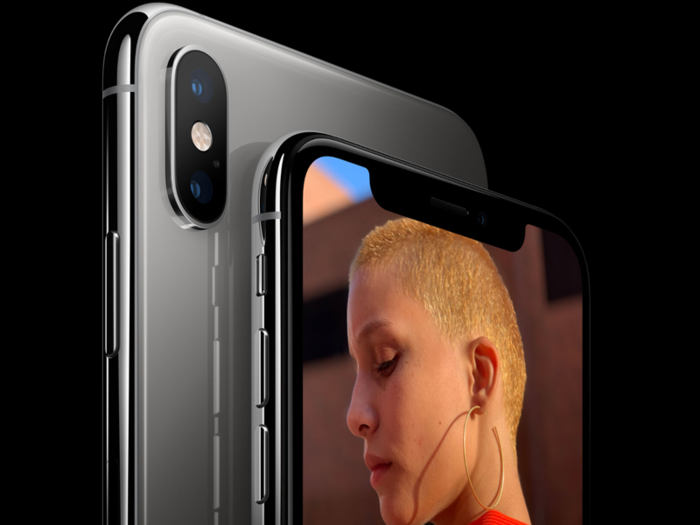
The iPhone XS's camera is great, but it lacks a few features that might significantly improve the lives of photography enthusiasts. If you're one of these folks, you have my permission to buy the iPhone 11, but you still may really want the 11 Pro, because it has three cameras instead of two. It just depends on how important zoom is to you.
Let's break down the setups. Both the iPhone 11 and XS have a dual-camera system including a 12-megapixel wide-angle lens. Their second shooters differ: The XS has a 12-megapixel telephoto lens, while the 11 has a 12-megapixel ultra-wide lens with a 120-degree field of view.
An ultra-wide lens is best for taking, well, ultra-wide shots without distortion (as opposed to the curves you'll see from a fisheye lens). A telephoto lens, which specializes in zooming, is preferable for portraits or landscape photos with an isolated subject.
For serious smartphone photographers, the ultra-wide lens is probably the more valuable feature; if you want top-quality phone shots, you should be avoiding the zoom feature beyond the 2x mark. If you want zoom and you have an iPhone XS, you'll have to get the iPhone 11 Pro with its three-camera array.
Here are the rest of the iPhone 11's new camera features:- An improved Smart HDR system that can differentiate between faces and their surroundings, and process shades and shadows accordingly
- A night mode that produces excellent low-light shots (it's what the Pixel 3 has, but better)
- A Deep Fusion feature to better capture details and reduce noise (coming later this fall)
- 4K60 video support for all three cameras (and you can switch between the wide and ultra-wide lenses if you're recording in less than 60 frames per second)
Finally, the iPhone 11 has a better front shooter (12 megapixels, to the iPhone XS's 7 megapixels), with the ability to take slow-motion selfie video. But if you buy a new phone just to take "slofies," I'm judging you hard.
Shop all iPhones at Best BuyThe iPhone 11 has a better processor, but this mostly matters for photographers.
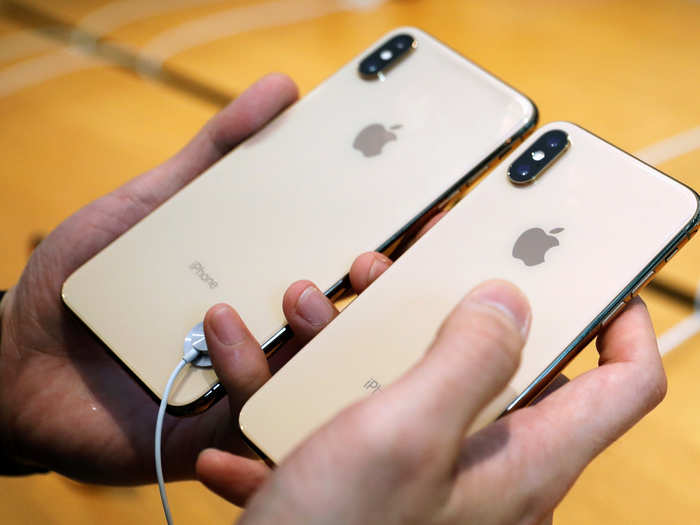
The iPhone 11 is powered by Apple's A13 Bionic chip, which the company claims is the fastest smartphone processor in the world. Early reviews indicate that the iPhone 11 is more powerful than the iPhone XS (which is stuck with last year's A12 Bionic chip), but the contrast isn't as stark as it has been in previous years.
If you're a fan of demanding mobile games (such as those that use augmented reality), you may notice a slight difference in quality, but if you're mostly using your phone to text and browse Instagram, you almost certainly don't need to pay for the extra power.
Where the new chip matters is, again, the camera. The new chip should give you an easier time editing video, a better experience with demanding features like Animoji, a faster Face ID, and a smarter camera that better processes photos.
Again: Photographers, take note. Everyone else, keep the XS.
Shop all iPhones at Best BuyThe main advantage the iPhone 11 has over the iPhone XS is its superior camera setup — and I doubt that's worth $200 to the casual user.

If your iPhone XS still works and you're enjoying it, stick with the iPhone XS.
The iPhone 11 isn't a bad purchase, bringing most of the same specs as the Pro and Pro Max models at a lower price. But the fact remains that the iPhone XS still has the look, feel, and display of a premium iPhone. The iPhone 11, like the iPhone XR, is a budget model with a premium camera setup; it has a lower-resolution screen, thicker bezels, and a bulkier build.
If you're a photography enthusiast for whom the iPhone XS's camera doesn't hold up (or you really, really need a few more hours of battery life), you may be justified in spending $200 on the upgrade. Everyone else should consider the Pro models or wait for 2020.
To preorder all three of the new iPhone models, check out our buying guide or shop all iPhones at Best Buy.Popular Right Now
Popular Keywords
Advertisement